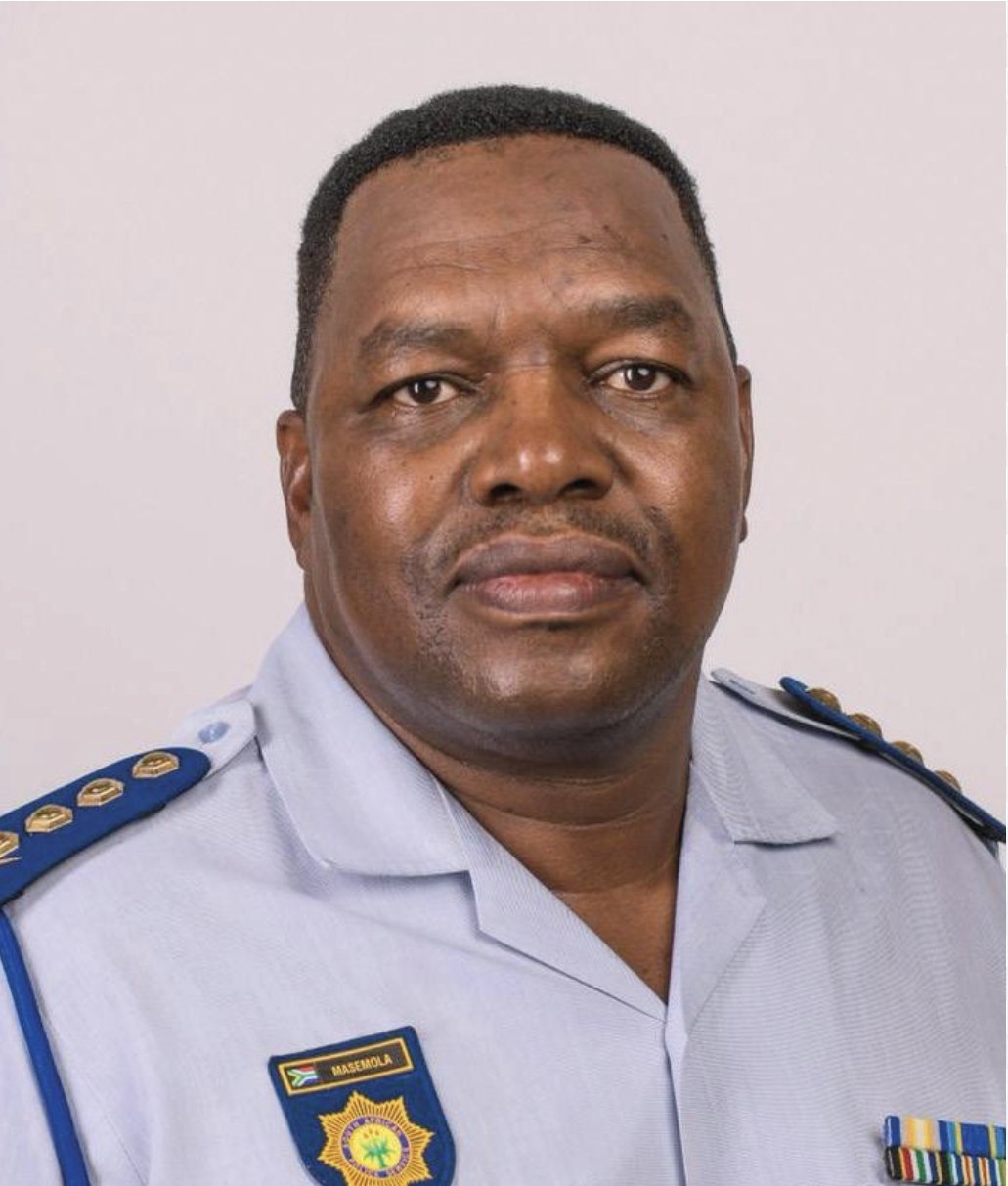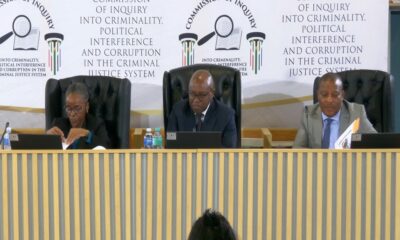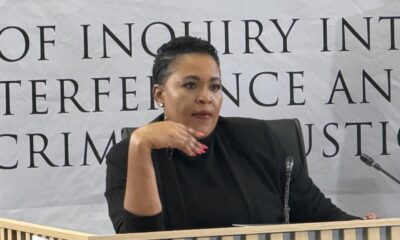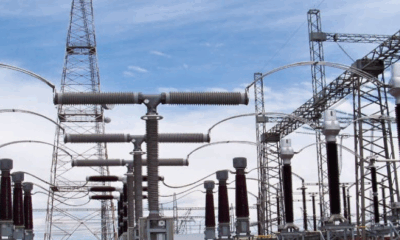News
National Police Commissioner Fannie Masemola to Testify at Madlanga Commission

Pretoria braces for high-stakes testimony
South Africa’s National Police Commissioner, General Fannie Masemola, is set to take the stand at the Madlanga Commission of Inquiry on Monday, September 22, 2025. The commission, convened to investigate politically motivated killings and alleged corruption within law enforcement, has captured national attention since its hearings began on September 17.
Commission spokesperson Jeremy Michaels confirmed the timing of Masemola’s testimony on Sunday, stressing that the hearings will be open to the public and widely accessible. “The public has a right to witness these proceedings,” Michaels said. “We encourage engagement through our livestream, television, radio, and social media coverage.”
Public access and security measures
For those planning to attend in person at the Brigitte Mabandla Justice College in Pretoria, valid identificationeither an ID document or driver’s licence, is required. In addition, no weapons will be permitted inside the venue, as the Commission aims to maintain a secure and orderly environment for all attendees.
The commission’s accessibility via multiple media platforms reflects growing public interest, with many South Africans following developments closely on social media. Hashtags like #MadlangaCommission and #MasemolaTestimony have been trending, reflecting both anticipation and concern about the potential revelations.
Explosive developments set the stage
The Madlanga Commission has already heard startling claims from former acting police commissioner Lieutenant General Nhlanhla Mkhwanazi. He questioned the disbandment of the Political Killings Task Team (PKTT), suggesting the decision was politically motivated and designed to protect influential figures allegedly involved in violent crimes.
Mkhwanazi did not hold back in his accusations, implicating suspended Police Minister Senzo Mchunu in a syndicate believed to be responsible for numerous political killings. He painted a picture of a police leadership undermined from within, with attempts to address these killings consistently thwarted by political interference.
“This is not just bureaucracy at work; this is obstruction of justice,” Mkhwanazi testified. His claims have sparked a wave of discussion online, with South Africans debating the extent to which political interference may have hindered law enforcement efforts over the years.
The significance of Masemola’s testimony
Masemola’s appearance comes at a critical juncture. As head of the national police, her testimony is expected to clarify the current state of the PKTT, the police’s role in investigating politically motivated crimes, and the measures being taken to restore public trust. Analysts suggest that her testimony could also influence public perception of ongoing police reforms and broader efforts to fight corruption within law enforcement.
Observers note that the Commission represents more than just accountability for past failures, it’s a chance for South Africa to confront systemic issues within policing and governance. For many citizens, it is also a test of whether institutional leadership can rise above political pressure to protect the rule of law.
As Masemola prepares to take the stand, all eyes will be on Pretoria. The nation waits, hoping for transparency and accountability in a process that could shape the future of South African policing.
{Source: IOL}
Follow Joburg ETC on Facebook, Twitter , TikTok and Instagram
For more News in Johannesburg, visit joburgetc.com



























